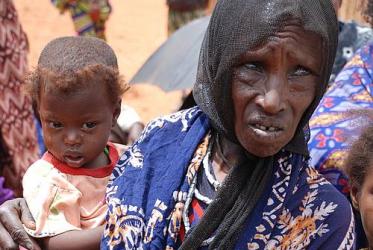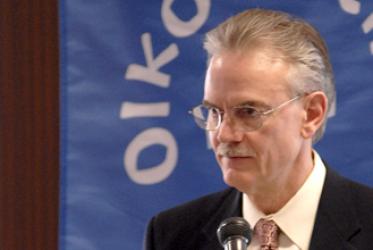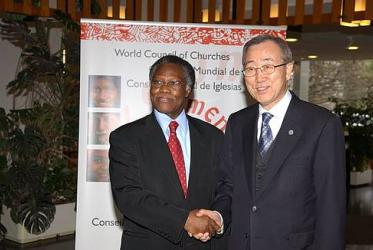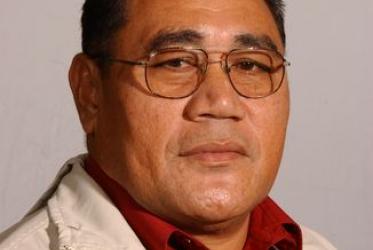Displaying 981 - 1000 of 1006
01 December 2008
Uppsala Manifesto demands action on climate issues
01 December 2008
Global economy needs radical changes, WCC team says
28 November 2008
Church advocacy in action at the United Nations
25 November 2008
Global food crisis has a spiritual dimension, says Kobia
24 November 2008
WCC prepares for UN Advocacy Week
12 November 2008
Churches meet to analyze climate change related emergencies
24 September 2008
Bringing hope to a broken world
14 April 2008
WCC statements address climate change, other topics
20 February 2008















